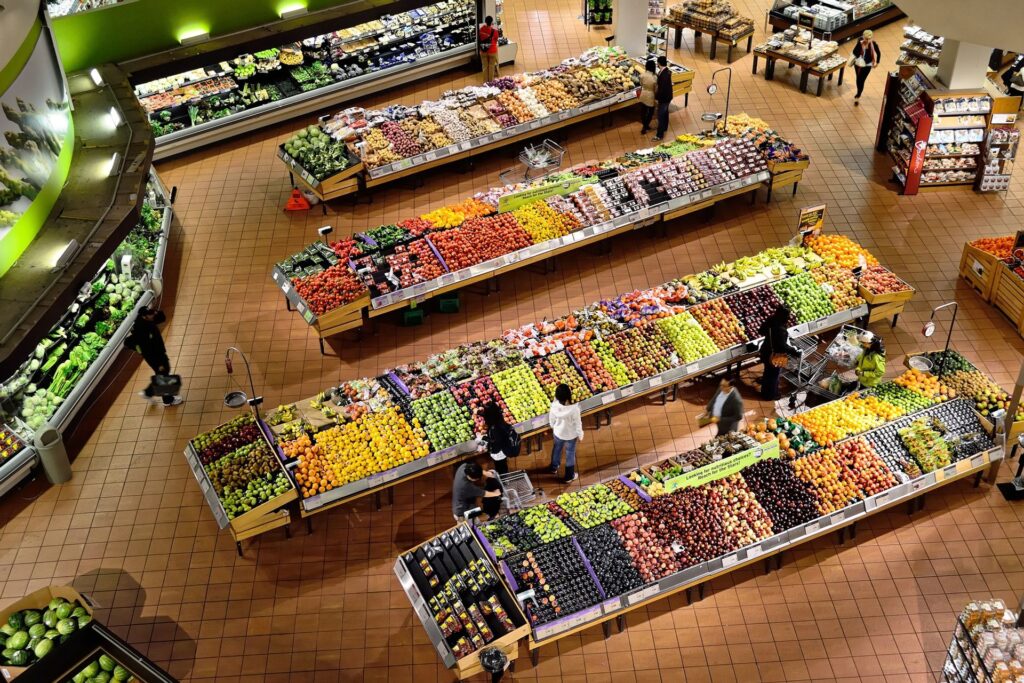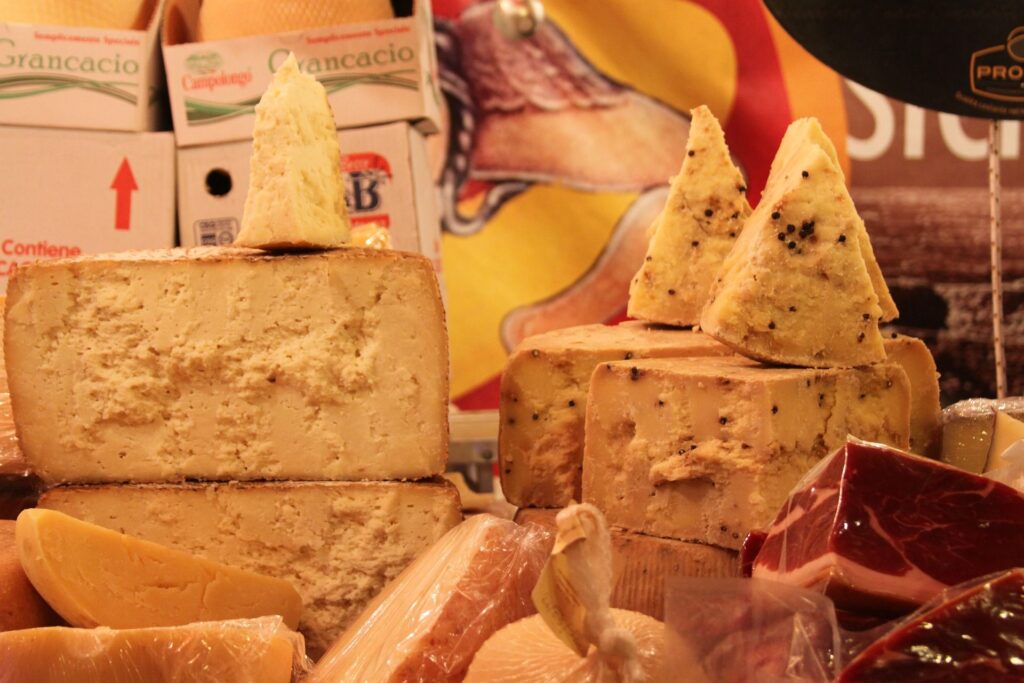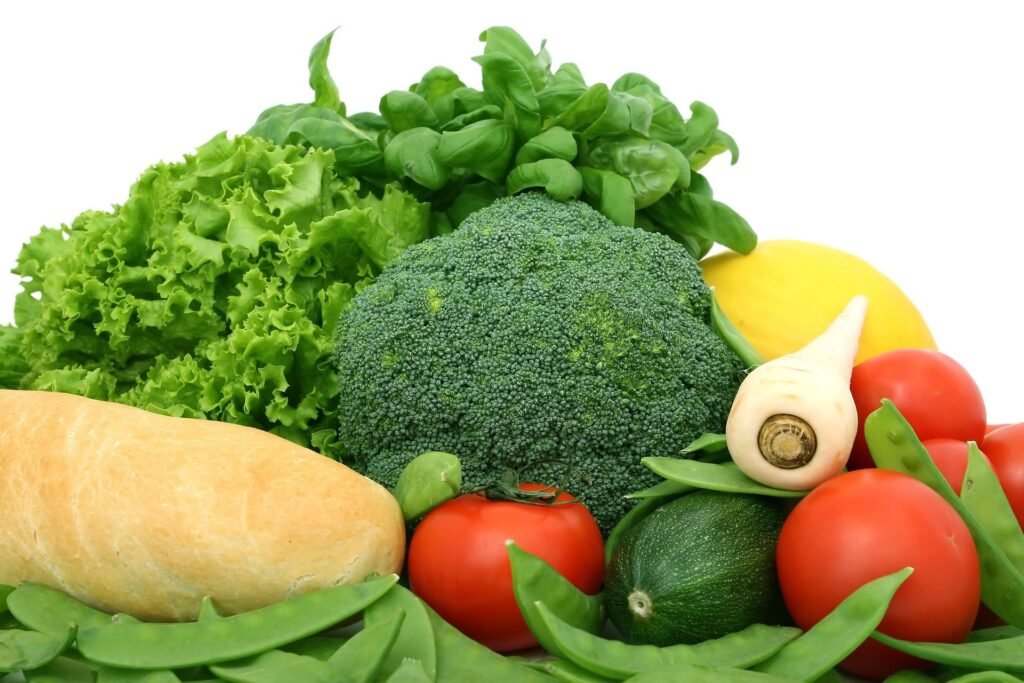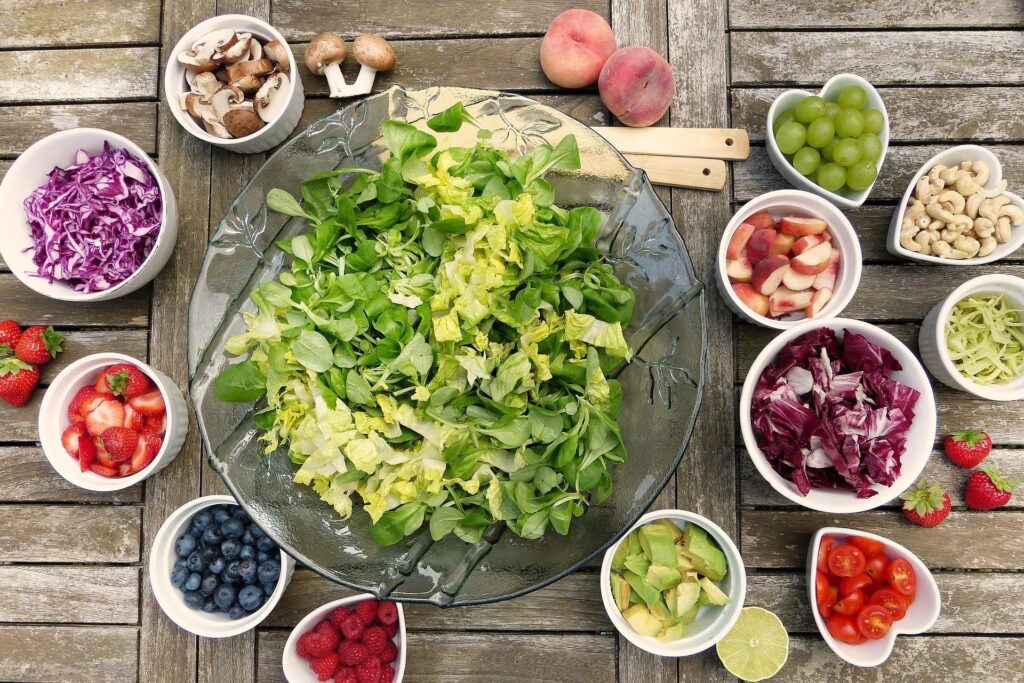Switzerland will reduce the environmental impact of food
Agroscope recommends imports from countries whose agricultural production is respectful of nature as well as avoiding losses and waste along the value chain
Is it possible to reduce the environmental impact of our diet? Agroscope has calculated that environmental impact could be improved if food were imported from countries where agricultural production is particularly environmentally friendly.
Effectiveness would increase further if food losses and waste were avoided.
Dairy products and agritourism? Great in Switzerland
An App to streamline the work of Swiss farmers
Food in Switzerland: 30 billion turnover
Food imports have a significant impact on the environment. If consumption remained unchanged and Swiss agriculture produced less and thus increased imports, the overall environmental impact would increase.
One consequence is that the improved environmental impact in Switzerland often has a negative impact on the countries from which the imports come, especially if the production requirements in other countries are less favorable than in Switzerland, for example due to water shortages or deforestation.

An analysis anchored on two improvement measures
However, there are ways to reduce the undesirable environmental impact of the Swiss standard basket of agricultural products. Agroscope researchers have focused on two measures in particular: firstly, to give preference to imports from specific countries where agricultural production is particularly environmentally friendly. The second was to avoid food losses and waste along the value chain to consumers and thus reduce imports.
Umfassender Bericht über Lebensmittelausgaben im Schweizer Detailhandel (in German)
Rapport complet sur les dépenses alimentaires dans le commerce de détail suisse (in French)
Rapporto completo sulla spese per derrate alimentari nel commercio al dettaglio svizzero (in Italian)
In addition to the literature search, the researchers used two scenarios to calculate how these two measures would change environmental impacts. The first scenario considers the current Proof that Ecological Requirements are Met (PER) and the direct payment system until 2025.
The second modeled a more extensive Swiss agriculture with lower production volumes, substantial avoidance of pesticides, and fewer animals. In both scenarios the less favorable 25% of imported products would be replaced by alternatives from other countries and food losses and waste would be minimized.

Geographical conditions and legislation as references
The study confirms that both measures have a positive effect on the environmental impact of food, although their effectiveness differs.
Optimizing the countries of origin of imports has a positive effect especially on the environmental impact related to local conditions. Particularly important are geographical conditions, such as the availability of water or the extent of the threat to biodiversity loss.
In this case, depending on the scenario, the impact can be reduced by 16-27 percent. For environmental impacts of other types and in particular also for food of animal origin, the effect of this measure would be less pronounced. Environmental compliance in the countries of origin of imports also depends on the legislation which, among other aspects, regulates, for example, authorized plant protection products.

Less food waste, positive effect guaranteed
If food losses and waste are avoided, the positive effect is undisputed, always.
It reduces all types of environmental impact of the typical Swiss basket of agricultural products by 11 to 38 percent, in the case of deforestation it even reaches 87 percent, without undesirable side effects.
Booming Swiss alpine economy depends on partnerships
Switzerland and six other EU countries together for the Nutri-Score
900 commodity traders in Switzerland
If losses of food of animal origin are reduced, the reduction in environmental impact is more pronounced than for food of plant origin. Consumer behavior therefore also influences the environmental impact of our diet.

Politicians and consumers must play their part
The Agroscope study also suggests that even if both measures were implemented, extensive farming with lower domestic production would worsen most of the environmental impacts of Swiss food.
Potential improvements depend heavily on political framework conditions and consumer behavior. Avoiding food waste, for example, is possible along the entire value chain – each of us can contribute.
Begleittabelle (in Deutsch)
Tableau d’accompagnement (en français)
Tabella accompagnatoria (in italiano)







